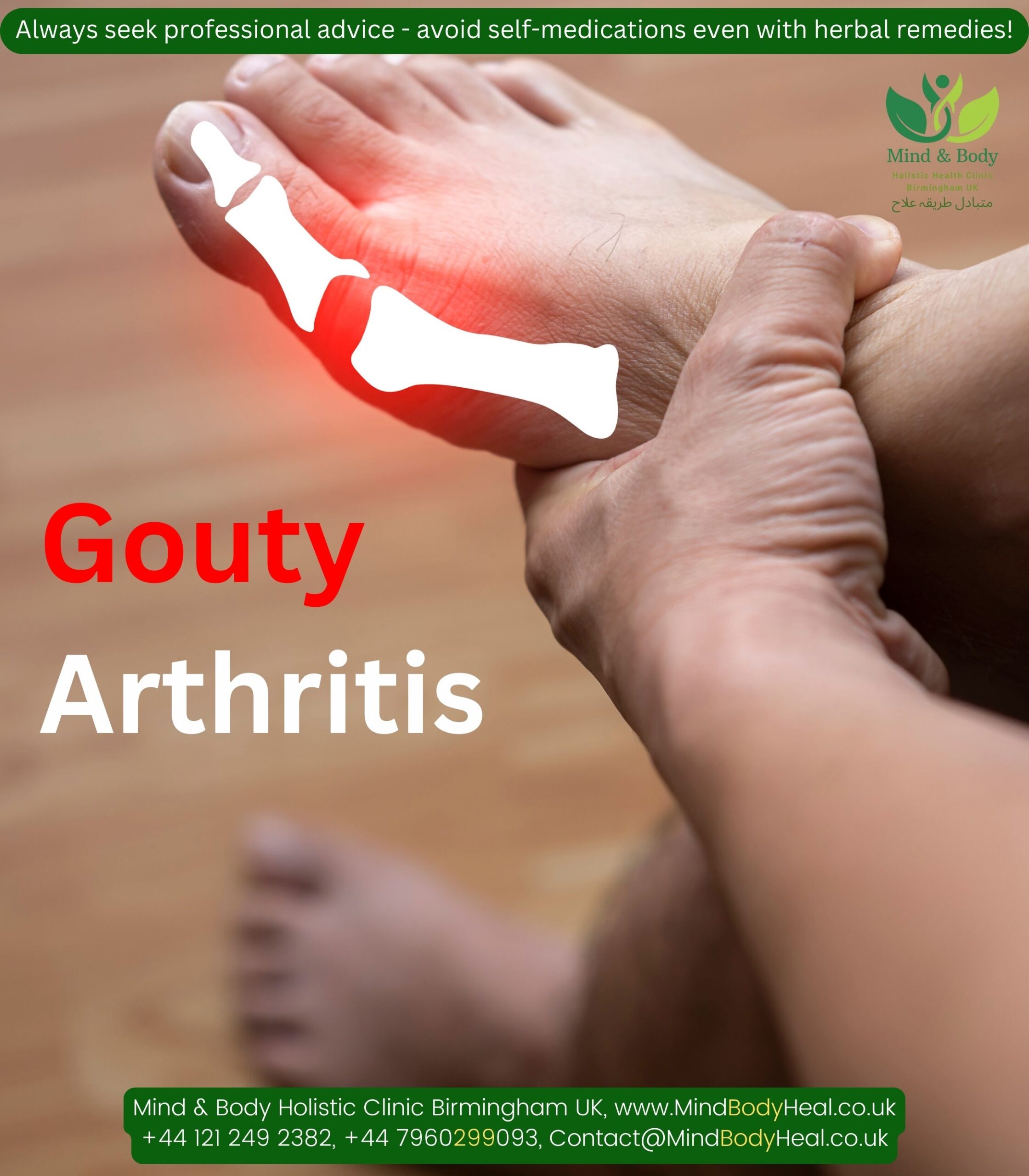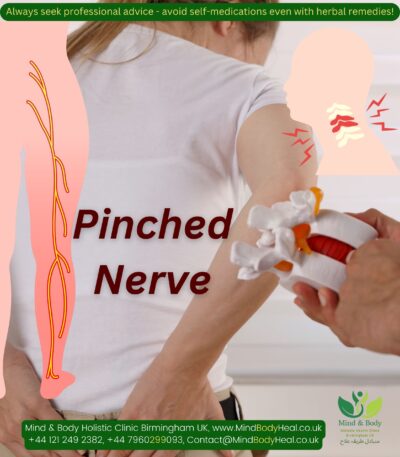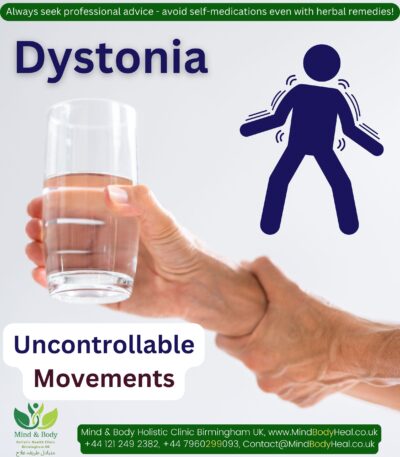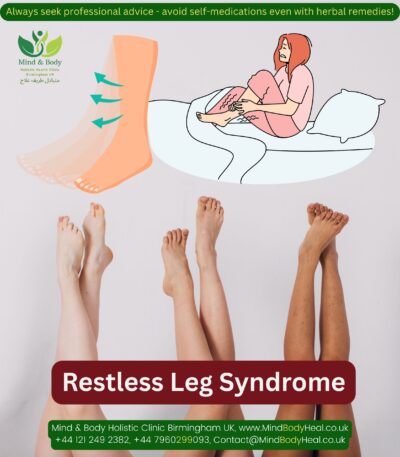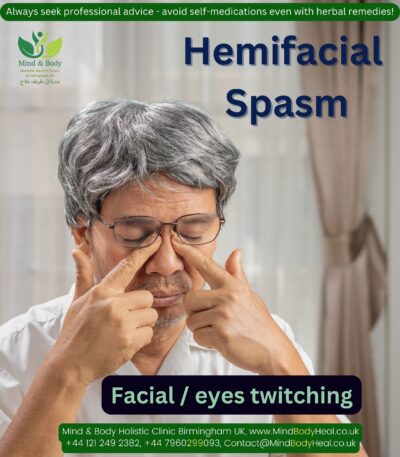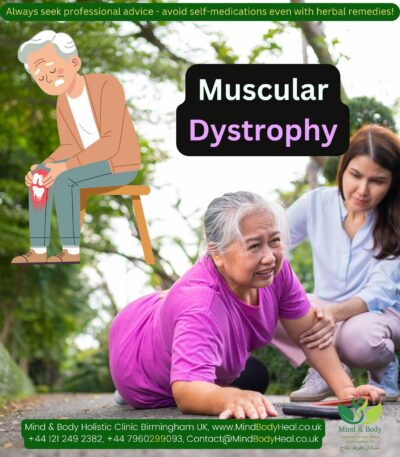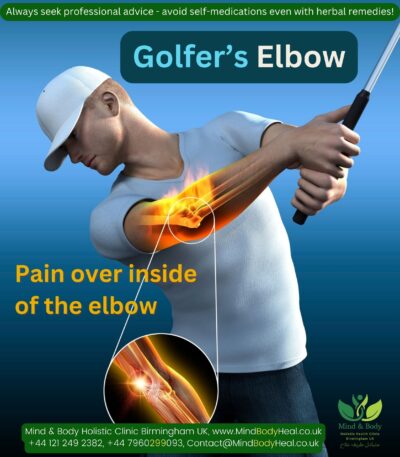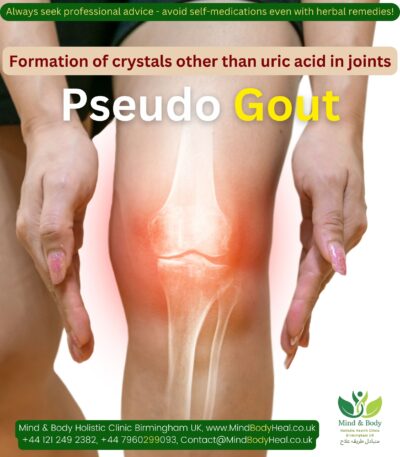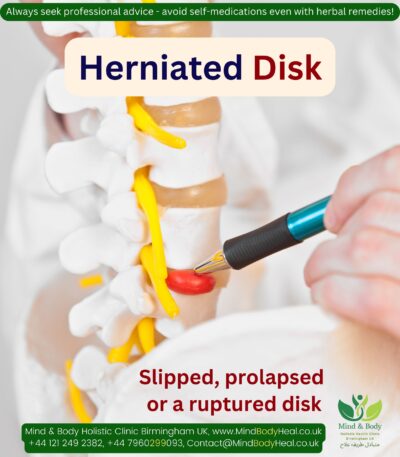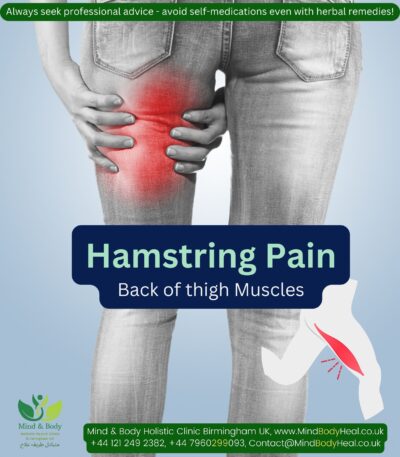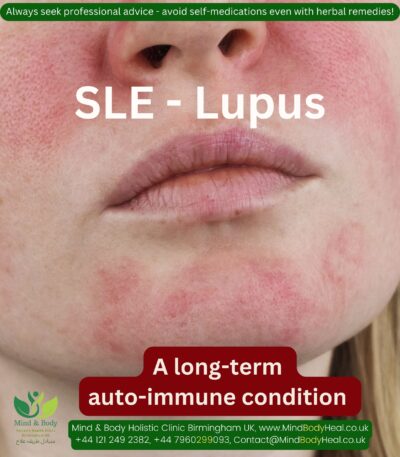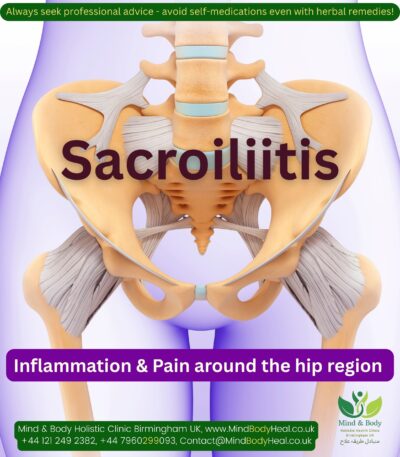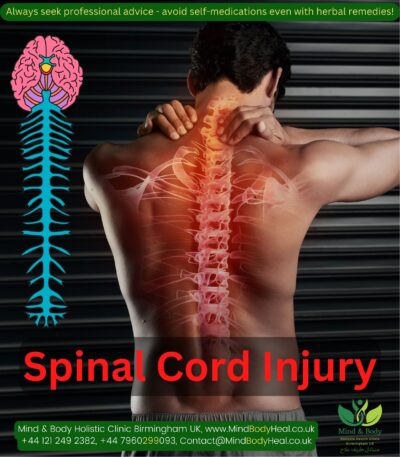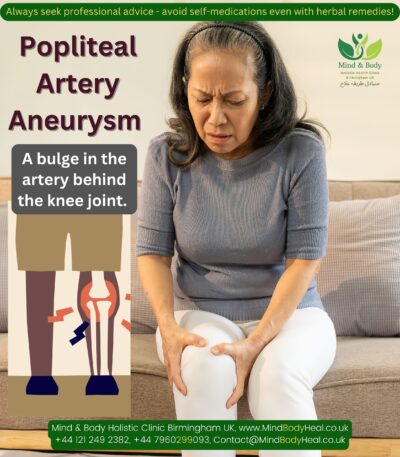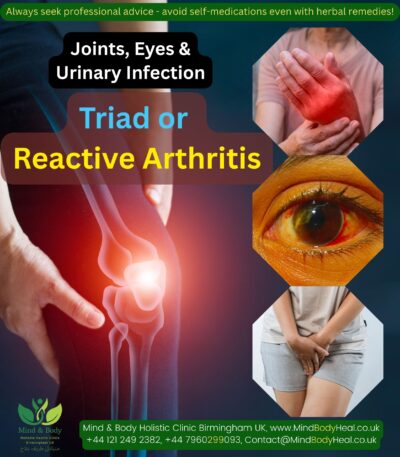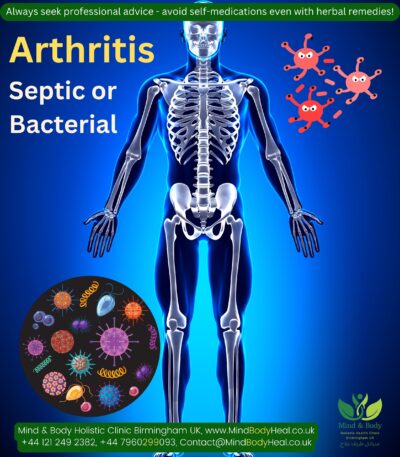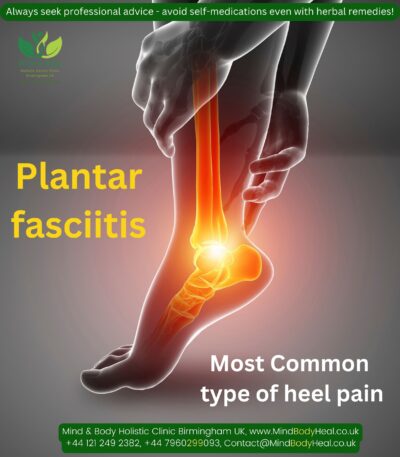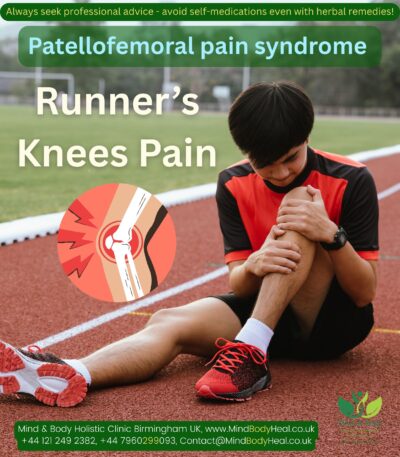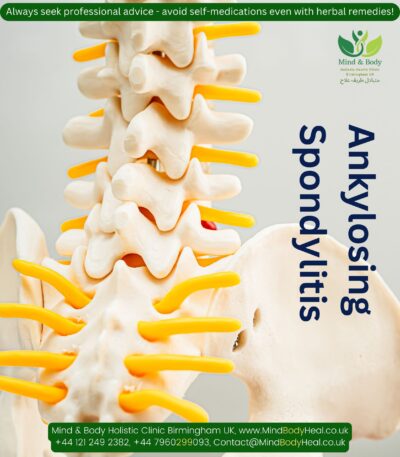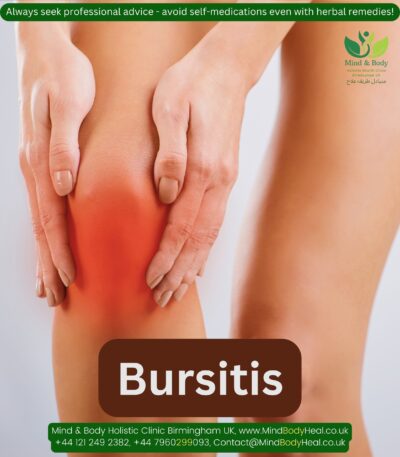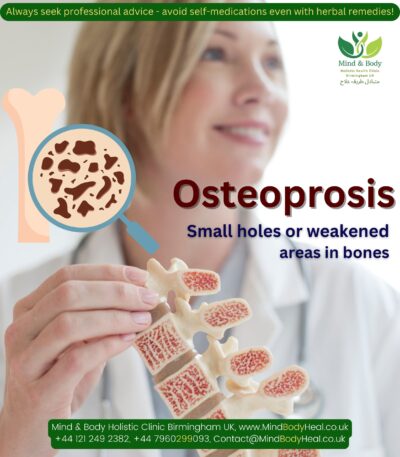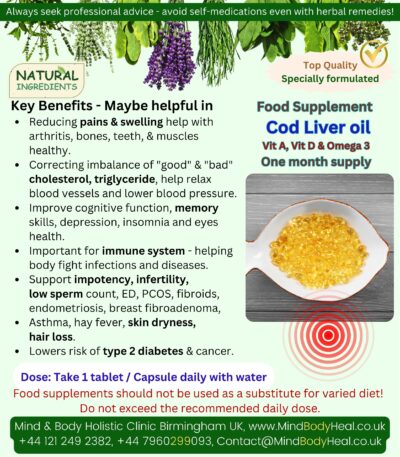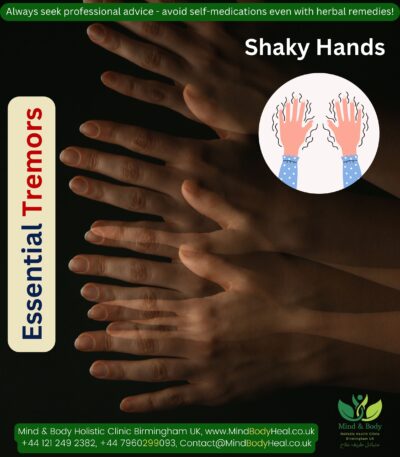Gout is a common and complex form of arthritis – a sort of joints disorder in which uric acid crystals deposit in the joint space giving rise to severe pain swelling and redness of the joint (most famously the big toe), as well as other tissues.
It’s characterized by sudden, severe attacks of pain, swelling, redness, stiffness and tenderness in one or more joints.
Uric acid crystals, a metabolite of proteins, get accumulated into the joint fluid (synovial fluid – lubricating fluid around joints).
Gout generally occurs more often in men and second most in post-menopausal women.
Conditions such as obesity, insulin resistance, kidney diseases, stress, high blood pressure, lack of physical activities and an acidic system can greatly increase the risk of developing gout.
Statistically, half of all gout sufferers are obese or overweight with high intake of sugary food.
COMMON SYMPTOMS OF GOUT – High Uric Acid
- Sudden onset of severe joint pain mainly affecting great toe but may affect other joint.
- Severe pain and swelling in joints of feet, ankles, knees, hips, wrists, hands, fingers and back where even the weight of clothing is intolerable.
- Discoloration in the joints is quite noticeable; they may become deep red or even purple at onset.
- Decreased mobility of the joint.
- Redness
- Tenderness
- Heat of joint.
- Chronic suffers may find tiny, hard lumps – nodular masses – accumulating over the soft flesh of hands, finger, toes or ear lobes.
- The uric acid deposits may affect the kidney forming stones.
- The kidney stones may cause symptoms such as pain in the back, abdomen or groin, chills, fever, nausea, vomiting and bloody urine.
- Fever ranging from 100F-102.2F, with or without chills.
High Uric Acid: Possible Causes & Risk Factors
- Hereditary or familial tendency.
- Stress
- Increased Alcohol Intake
- History or Hypertension & Diabetes
- Obesity
- People with high triglycerides levels.
- Sex Hormones – uric acid is higher in men as compared to women, making males more prone to hyperuricemia.
- In menopausal women, hyperuricemia is often linked to decreased oestrogen hormone and Vitamin D deficiency.
- High Sodium Intake and Ketogenic Diet (low carb, moderate protein, and high-fat diet) reduces the ability of the kidney to eliminate the uric acid.
- Parathyroid Hormones – Increase in parathyroid hormone reduces the excretion of urate from the kidney.
- Chronic Lead Poisoning
- Thyroid disorder – Hypothyroidism – Deficiency of thyroid hormones (T3 and T4) influences the purine metabolism and also causes a reduction in kidney blood flow and filtration rate, which results in elevated uric acid levels in the blood.
- High Purine Diet – like beef, organ meats, mussels, sweetbreads, mackerel, spinach, asparagus, beans, lentils, dried peas, etc.
- Oxalate-rich foods including spinach, beets, nuts, rhubarb, chocolate, black tea, wheat bran, beans and strawberries.
- Other dietary items like gluten, dairy, corn, white bread, and sugars can also lead to increased uric acid production.
- Kidney Diseases – when the kidneys are unable to eliminate the excess of uric acid from the body. This can majorly be due to kidney dysfunction like kidney stones, chronic kidney disease, adverse effects of some drugs like diuretics, NSAID’s,
- High Intake of Fructose increases the production of inosine and purines.
DO’S DONT’S
- Changing your diet and lifestyle may be the easy solution to beating gout. One of the first things to do is eliminate certain foods and beverages from your diet to beat gout.
- A five to ten days cleansing diet containing fruit, vegetables, nuts and preferably distilled water, followed by a good quality wholefoods diet usually eliminate the problem.
- By replacing culprit foods such as consumption of alcohol, red meat (liver, kidneys), hydrogenated fats, shellfish, sardines, beans, pulses, sugar (refined carbohydrates), grains and coffee with more alkalizing food can improve the condition by breaking the urate crystals.
- Prefer a largely vegetarian diet with plenty of salads.
- Avoid red meat, coffee, alcohol, cheese, sugar, liver, kidney, animal fat, sweetbread, yeast, spinach, dried beans. Foods that suppress the symptoms of gout are cereals, fruits (except bananas, custard apple, pear & pomegranate), green leafy vegetables, cherries, strawberries.
- Eat white meat like chicken instead of red meat.
- Drink plenty of fluids like water, fruit juices to wash off the uric acid in urine and to flush the kidney of the crystals. Stop alcohol.
- During acute pain keep the affected joint uncovered as covering increases the discomfort of a swollen sensitive joint.
- Cold compress will help to relieve pain.
- You can rest the gouty foot in a cardboard box during sleep as pressure of a sheet or blanket can increase the pain.
- If overweight, exercise to reduce weight.
The Gout diet:
High-fibre foods – High fibre foods include fruits, vegetables, nuts and seeds that are high in fibre which can help reduce uric acid.
Potassium-rich foods – like avocado, raw cultured dairy, coconut water, salmon, squash, bananas and apricots can help balance intracellular fluid relieving gout.
Fresh berries and cherries – Berries and especially cherries, strawberries can help neutralize uric acid.
Wild-caught fish – The fish oil is a good remedies for gout – fish oil can decrease the risk for gout because of its anti-inflammatory properties.
Celery Seed Extract – Consuming celery seed extract and celery juice. Celery seed extract actually has been shown to decrease uric acid build-up in the body.
Celery is useful for treating a wide range of joint pain, gout, kidney and liver infections, skin disorders, IBS and urinary tract infections.
(other herbs such as wintergreen tea, bladder wrack, Burdock or seaweed can be taken internally, after consultation with a qualified practitioner/consultant. A poultice of comfrey and marigold may also be useful!)
Nettles is a powerful anti-inflammatory agent. Nettle can be used as a supplement or drink it as a tea, and it’s great for getting rid of gout.
Proteolytic Enzymes – Proteolytic enzymes like bromelain can treat gout. Bromelain is found in the core of a pineapple, and it’s a digestive enzymes that’s been shown to help reduce uric acid and inflammation.
Magnesium – Magnesium is an alkaline mineral that helps decrease uric acid formation in the body, If you have signs of magnesium deficiency, you may be susceptible to gout, so it’s a good idea to add magnesium-rich foods.
Water – Drink plenty of water, at least 1 glass every 2 hours to flush uric acid out of your system.
Exercise – Since obesity is linked to gout, it’s a good idea to exercise regularly if you’re trying to relieve gout from your life – your health benefits from exercise. Exercise should be a part of your life no matter if you have gout or not.
Apple Cider Vinegar – is used to treat headaches and acid stomach, also helps treat gout and arthritis. You can also add honey to the remedy to boost the body’s anti-inflammatory response. Mix one teaspoon of raw, unfiltered apple cider vinegar in a glass of water. Drink it two to three times daily. If you find this remedy helpful, increase the dosage to up to two tablespoons.
Ginger Root – The anti-inflammatory properties present in ginger root can be very helpful in relieving pain and inflammation.
Mix equal amounts of fenugreek powder, turmeric powder and dried ginger root powder. Have one teaspoon of this mixture along with warm water. Take it twice daily. You can simply add ginger root in cooking recipes, or eat a small, raw piece of ginger root daily.
Baking Soda – can help lower the amount of uric acid, giving you relief from the pain. Mix one-half teaspoon of baking soda in a glass of water. Drink this solution four times a day but not more than that. Continue up to two weeks.
Lemon Juice – To get relief from gout pain, it is essential to alkalize the body and neutralize the excess uric acid in blood stream. This can be done easily with fresh lemon juice and baking soda.
Mix the juice of one lemon with one-half teaspoon of baking soda in a glass of water and drink it.
Epsom Salt – is another useful ingredient for home treatment of gout and other forms of arthritis. The high amount of magnesium present in Epsom salt will also improve the condition of your heart and lower high blood pressure. Soaking the affected body part in warm water mixed with Epsom salt relaxes aching muscles and relieves pain.
Add two cups of Epsom salt (you may some essential oils after consultation with a qualified aromatherapist) to warm bath water. Soak your body in it until the water starts losing heat. Do this once a week. If you have severe gout, you can try it two or three times a week.
Bad foods for gout: Over-acidic diet can increase problems such as gout or arthritis.
Foods high in purines – Purines are an amino acid that forms uric acid. Foods that have purines include: fatty red meat, shellfish, small fish, mushrooms, organ meats, peas, lentils, and spinach.
Fried foods and hydrogenated oils – Fried foods and hydrogenated oils like soybean, vegetable, corn, and canola oil can aggravate gout.
Sodium – A diet high in sodium can cause tissue swelling and increase gout.
Refined carbohydrates – Sugar and other refined carbohydrates can make insulin resistance and gout worse.
Eliminate soda and diet soda: Soda and diet sodas are loaded with sweeteners either natural or artificial. It’s vital to eliminate them from your diet altogether if you want to be gout.
Massage can also be a useful option. A tailor-made blend of peppermint, lavender, chamomile, geranium, lemon, pine, benzoin, frankincense, juniper or rosemary essential oils in a carrier oil (prepared by a qualified aromatherapist) can be applied to the affected area.
Arthritis is a chronic disease of bones or joints that cause inflammation, tenderness or swelling of a single or multiple joints, accompanied by stiffness and pain, which typically worsen with age.
Typical CAUSES of Arthritis.
In most cases the causes are unknow or nonspecific.
Still, some of the contributing factors may include:
- Heredity – genetic – Some types of arthritis run in families!
- Age related wear and tear
- Auto-immune
- Stress
- Infections from different bacteria
- Rheumatic fever.
- High uric acid deposits in joints
- Bones TB, Tuberculosis
- Skin affection – psoriasis or lupus
- Intestinal condition like Crohn’s disease.
- Women are more likely than men to develop rheumatoid arthritis, while most men suffer from gout!
- Previous joint injury – perhaps while playing a sport etc.
- Carrying excess weight puts more stress on joints, particularly knees, hips and spine.
Most common SYMPTOMS in various arthritis.
- Stiffness and restricted movements
- Red shiny skin over the joints.
- Swelling & Pain worsens with age
- Deformity of joints
- Numbness or tingling
- Loss of appetite
- Low grade fever
- General sense of being unwell
There are over 100 different types of arthritis, some of which name below:
- Osteoarthritis
- Psoriatic arthritis
- Reactive arthritis
- Polymyalgia rheumatica
- Rheumatoid arthritis
- Septic arthritis
- Ankylosing spondylitis
- Cervical spondylitis
- Fibromyalgia
- Gout
- Juvenile idiopathic arthritis
- Thumb or fingers arthritis
Self-Care – DO’S & DONT’S
- A wholefood, largely vegetarian diet with plenty of salads, fruits and lightly cooked vegetables is recommended.
- Take vitamins A, C, E and zinc supplements.
- Maintain optimum weight for your height and built.
- Exercise regularly but avoid vigorous and heavy work.
- Local heat or infrared is helpful to alleviate the pain.
- Avoid full activity or stretching of the joints.
- On waking do not rush into your routine but start gradually and slowly.
- Cut out foods such as dairy products.
- Avoid red meat but fish or chicken in moderate amounts will do no harm.
- Avoid unpasteurised milk and use goat’s milk if possible.
- Avoid acid fruits such as lemons and strawberries, tomatoes, salt, sugar (use honey instead), tea, coffee and alcohol.
FREE Shipping included – Usually dispatched within 1 – 2 working days!
Are you concerned about your health or managing a recurring or chronic condition?
Our website provides informed guidance and initial supportive care for individuals who are finding it difficult to access their doctors or who have not experienced desired improvement with conventional options.
We help individuals explore a range of natural and holistic healing approaches to encourage balance and long-term wellness that may complement your healing journey.
We offer a ready-to-use complementary remedies kit designed to ease discomfort and support well-being, with clear instructions for each item.
The kit includes a personalised selection of remedies based on your signs, symptoms, and likely causative factors.
It may combine homeopathic medicines, herbal or daily supplements, a tailored diet plan, lifestyle guidance, practical tips, and topical applications where needed. It’s suitable if you value the healing potential of natural, holistic remedies.
Complementary remedies work best alongside standard medical treatments and can usually be taken safely with your regular medications.
Our homeopathic remedies follow Dr. Hahnemann’s traditional dilution and succussion methods and are prepared by a qualified naturopathic practitioner, supported by research, clinical experience, and observed outcomes in similar cases. Treatment duration can range from a few weeks to several months, depending on severity and chronicity. Outcomes vary with individual factors and case complexity.
If you prefer lactose pills instead of sucrose globules, let us know. Please also provide the patient’s age so we can supply appropriately sized pills. You can simply send this via WhatsApp at 07960 299 093.
These remedies may contain trace amounts of natural plant, mineral, or animal substances, preserved in medical-grade alcohol. Inform us of any allergies or dietary restrictions before purchase.
You may contact us before starting or book a detailed consultation (in person or via teleconsultation) with one of our experienced naturopath for your detailed assessment or personalized guidance.
Natural remedies can affect the body and may not suit everyone. At the start of treatment, some patients—especially with mental health or skin issues—may experience a temporary increase in symptoms. This may represent medicinal aggravation, indicating the body is responding, though symptoms may not be connected and simply coincidental. If they persist, contact us for support.
Why some patients choose natural, complementary or holistic remedies:
• Symptomatic relief and improved well-being
• Gentle options with fewer side effects
• Whole-person focus, addressing physical, emotional, and lifestyle factors
• Root-cause and preventive emphasis
• Encouragement of active self-care
• Support alongside conventional treatment
• Personalised and accessible care
Precautions:
• Inform your healthcare provider about any complementary therapies
• Some herbs or supplements may interact with conventional medications
• Do not replace conventional treatment for serious, chronic, or terminal conditions
These complementary remedy kits are provided for your own discretion and personal responsibility. Use them mindfully and avoid self-medicating in sensitive situations.
If you are looking for a specific remedy / kit not listed on our site or a customized formulation, contact us—our range is extensive and can be tailored to your physical and mental symptoms and causative factors.
Disclaimer:
Natural remedies—including homeopathic remedies, herbal supplements, and aromatherapy products—are generally safe for most people, including children and older adults. Still, consult your GP or healthcare provider before use, especially if pregnant, breastfeeding, or managing chronic or serious conditions.
- Our remedies support general wellness and are not a substitute for medical advice.
- Review product details and make informed decisions before purchasing, particularly for ongoing or serious concerns.
- We provide general guidance only; detailed personalised consultations are not available through this platform.
- These remedies are intended for individuals able to follow instructions independently.
- Our support focuses on product use and general information; repeated or highly detailed personal queries may not receive individual responses.
- If you need frequent reassurance or highly tailored advice, please consult a qualified naturopath or healthcare provider before purchasing.
Due to strict UK regulations on the sale of medicinal products, we cannot give specific advice, without a face-to-face consultation.


